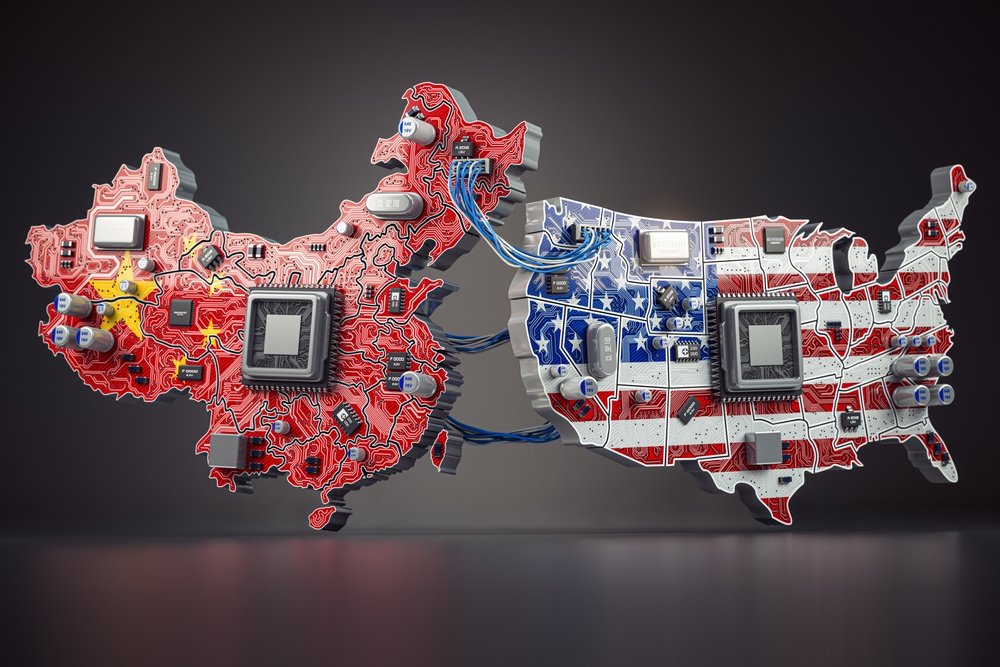The US-China chip standoff bears striking similarities to a historical episode from the 2nd century BCE.
Others are reading now
The US-China chip standoff bears striking similarities to a historical episode from the 2nd century BCE.
History doesn’t repeat, but sometimes it rhymes

A 2,000-year-old power struggle between ancient Egypt and Pergamum may hold the key to understanding the tech war between China and the US today.
What began as a chip embargo is now fuelling China’s rise, just as a papyrus ban once sparked an innovation revolution in the ancient world.
America’s chip ban backfires

Washington’s export controls aimed to block China’s access to cutting-edge AI chips.
Also read
The goal was to slow down Beijing’s advances in semiconductors, supercomputing, and AI dominance.
But instead of stalling China’s momentum, the embargo has inspired an aggressive surge in domestic tech development.
A modern echo of ancient Egypt

The US-China chip standoff bears striking similarities to a historical episode from the 2nd century BCE.
Back then, Egypt, with its near-monopoly on papyrus, tried to suppress the rise of rival libraries in Pergamum by banning papyrus exports.
The result? It backfired.
Pergamum invents a workaround and a legacy

Cut off from papyrus, Pergamum innovated: they perfected parchment made from animal skins, what we now call parchment or vellum.
This alternative not only broke Egypt’s monopoly, it helped Pergamum become a major centre of knowledge in the ancient world.
China follows a familiar script
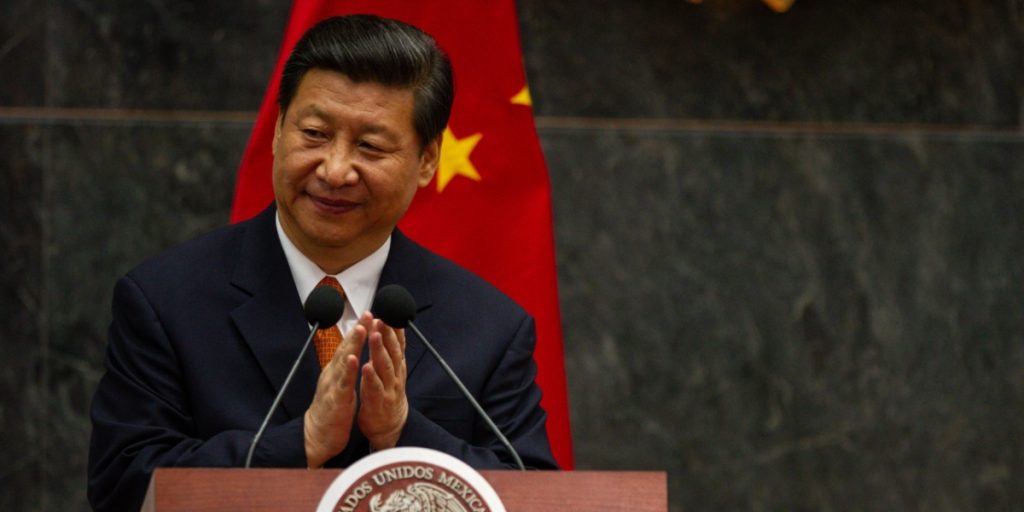
Like Pergamum, China has responded to being cut off with speed and ingenuity.
Forced to build alternatives, it’s developed domestic chip technology at pace, and now produces AI hardware that rivals Nvidia’s. Even Nvidia’s CEO Jensen Huang admits the export ban has “failed.”
Nvidia’s market share in China cut in half
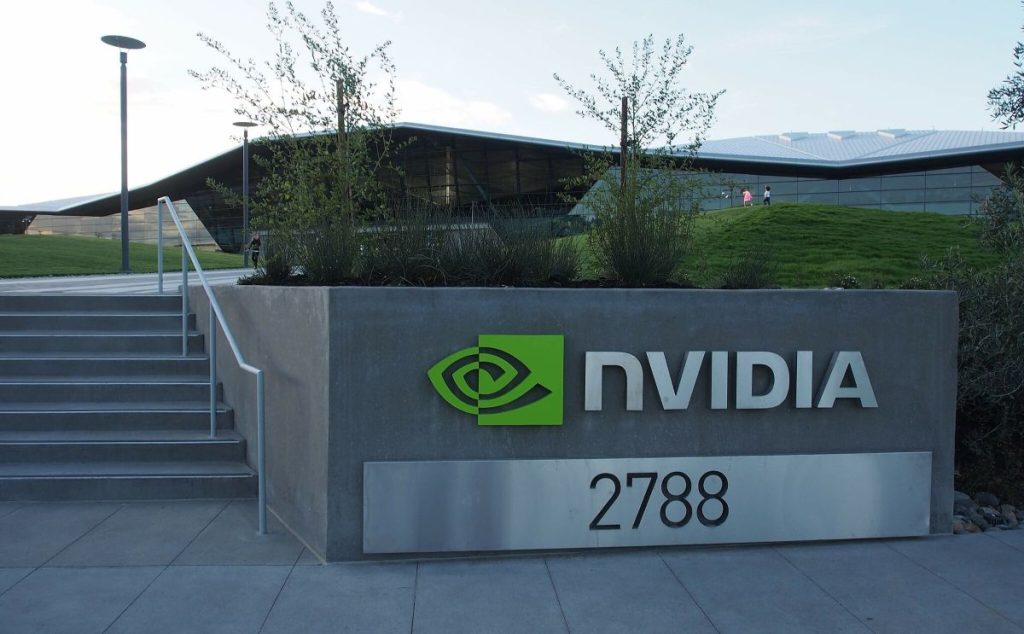
Just four years ago, Nvidia controlled 95% of China’s AI chip market.
Today just 50%. The rest is filled by Chinese-developed alternatives, many led by tech giant Huawei, proving how restriction can drive reinvention, not regression.
The unintended consequences of embargoes
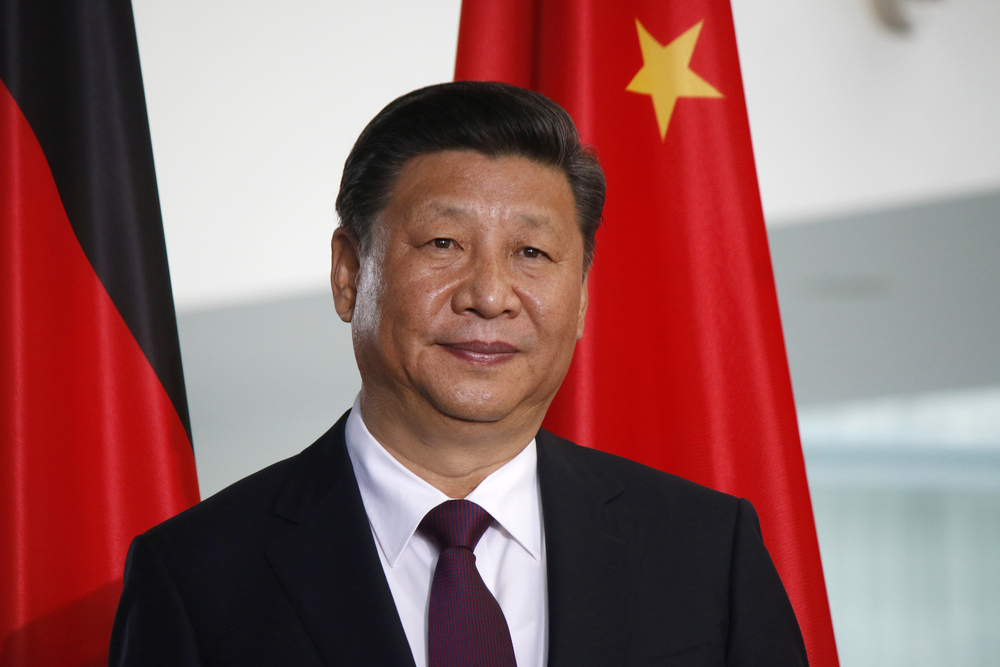
In both stories. ancient and modern, attempts to freeze out a rival only strengthened them.
Pergamum’s parchment undercut Egypt’s cultural dominance. China’s chips may now reshape global tech leadership.
The cost of underestimating your rival

US policy assumed China would lag behind without access to American tech.
Instead, Beijing’s heavy investment and policy alignment fast-tracked its development, much like Pergamum’s king who turned adversity into innovation.
The next era may run on Chinese chips
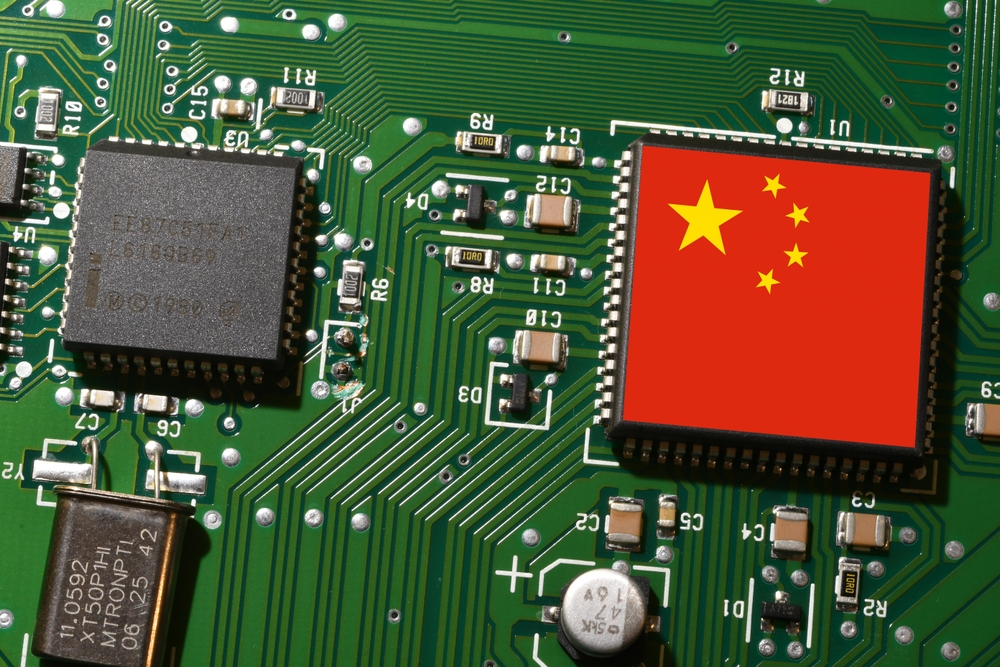
What parchment did for medieval manuscripts, Chinese semiconductors might do for the AI-driven economy of tomorrow.
The question isn’t whether China can catch up, it’s whether the US helped accelerate the process by trying to slow it down.

